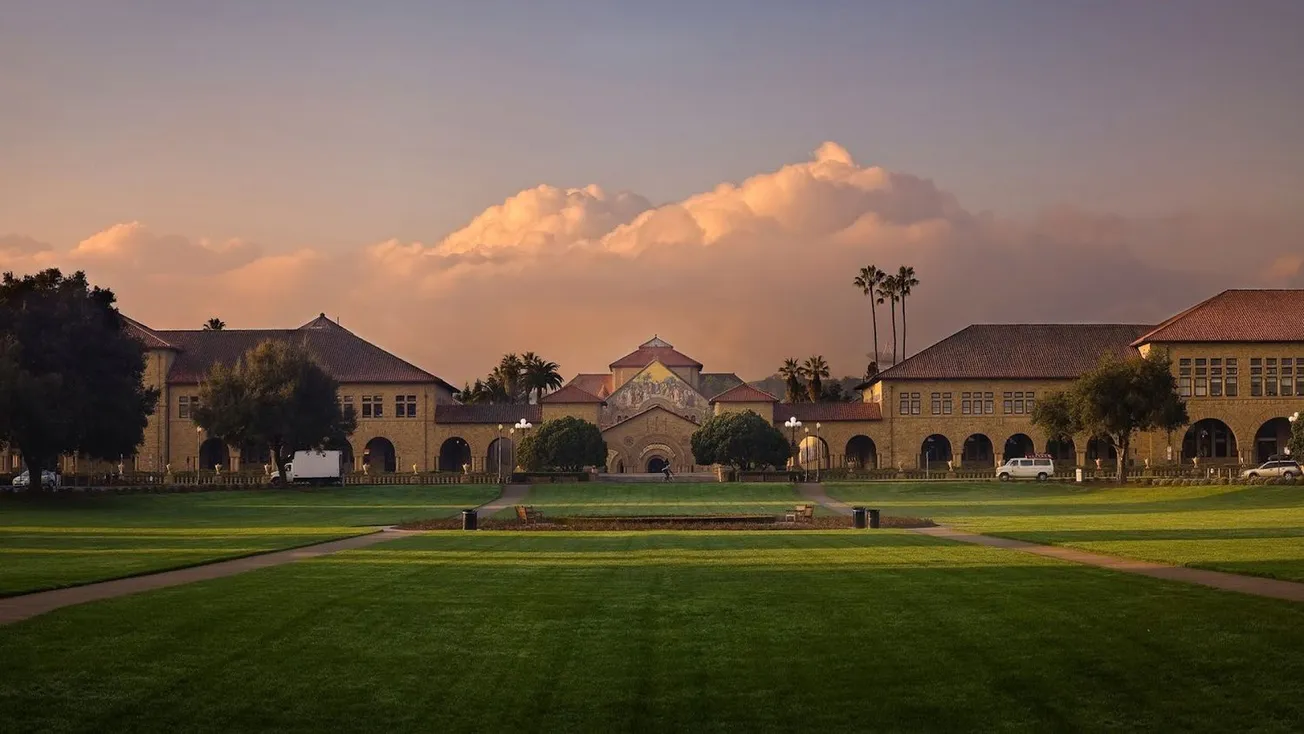Table of Contents
2017 marks the 30th Anniversary of the Stanford Review. In 1987, the Review was a small group which produced a weekly printed publication, distributed under each student’s door. Now, the Review fills a large room for vibrant meeting discussions every Monday evening, and our articles are published on Facebook, in a magazine format, and even in national publications. Despite these changes, the principle of a contrarian publication is just as important, if not more so, than ever. It was made clear in November that Stanford students are not as open to exploring and understanding alternative perspectives as we’d like to think: the campus was shocked at the election’s outcome, and the reactions around the country have displayed clear polarization. If we cannot make an honest effort to foster a cohesive community by connecting to our peers at Stanford, regardless of their beliefs, how can we possibly expect our country to come together?
On a large scale, we can talk about how constituents can hold their elected representatives accountable or how consumers can keep a check on businesses. But, to accomplish goals like that, we must first look towards what we need to do among ourselves. We must continue to push one another to think deeply and honestly about alternative perspectives. We each have the individual responsibility to mitigate hypocritical and ‘othering’ tendencies. The first steps can be to read articles that question our belief systems, engage in tough conversations, and open our minds to the idea that we might not all agree. Disagreement does not have to be associated with a lack of understanding; opinions opposing your own still have the ability to be founded in logic and reason.
Since its founding, the Review has pursued this goal. But it’s easier now than ever to have exposure to only one side of an issue. At Stanford especially, it’s not easy to solicit contrarian views. We get our information from professors, who are mostly liberal, social media, which filters information to show us what we want to see, and our peers, who are rarely comfortable enough on campus to share a conservative viewpoint. As a publication, it is up to the Review to make sure that there is a place to publish and consume that content, for those who are courageous enough to challenge the status quo. The arguments in our articles go against the grain of campus rhetoric. They also reflect the diverse viewpoints of our own membership. The Review, for example, was one of the first publications to comment on the administration’s sanctioning of Band and the only publication to also write an article explaining why the administration might have been justified in their actions. We work to foster an environment of critical thinking internally at the Review, and we use the publication to inspire such discussion around campus.
It has been an honor to be Editor-in-Chief of a publication that is not afraid to hold intense internal debates, publish contrarian opinions, and ask difficult questions. Thank you to our fantastic staff, dedicated writers, loyal readership, and all of those that engaged with the Review for the first time this volume to see what someone else was thinking. I am proud to announce that the Spring Editor-in-Chief is Philip Clark. I have no doubt that he and the phenomenal staff at the Stanford Review will improve upon the depth and the breadth of issues the publications covers, continuing the precedent set 30 years ago.
Fiat Lux,
Mackenzie Yaryura
Volume LVII





